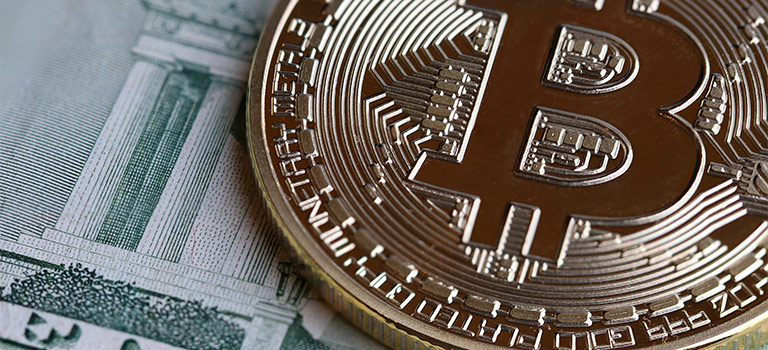PALO ALTO, Calif. (Reuters) - The Federal Reserve is looking at a broad variety of issues around digital payments and currencies, including policy, design and legal considerations around possibly providing its own digital currency, Guv Lael Brainard said on Wednesday. Brainard's remarks recommend more openness to the possibility of a Fed-issued digital coin than in the past." By changing payments, digitalization has the prospective to provide greater worth and convenience at lower expense," Brainard stated at a conference on payments at the Stanford Graduate School of Service.
Reserve banks internationally are discussing how to manage digital finance technology and the distributed journal systems utilized by bitcoin, which guarantees near-instantaneous https://truxgo.net/blogs/91623/298768/moneyness-why-fedcoin-jp-koning-blogger payment at possibly low cost. The Fed is establishing its own day-and-night real-time payments and settlement service and is presently examining 200 remark letters sent late in 2015 about the proposed service's style and scope, Brainard said.
Less than 2 years ago Brainard informed a conference in San Francisco that there is "no engaging showed requirement" for such a coin. However that was before the scope of Facebook's digital currency ambitions were extensively known. Fed officials, consisting of Brainard, have actually raised concerns about customer defenses and information and privacy risks that might be positioned by a currency that might enter into usage by the 3rd of Helpful site the world's population that have Facebook accounts.
" We are collaborating with other reserve banks as we advance our understanding of reserve bank digital currencies," she said. With more countries checking out providing their own digital currencies, Brainard said, that contributes to "a set of factors to also be ensuring that we are that frontier of both research and policy development." In the United States, Brainard stated, problems that require study consist The original source of whether a digital currency would make the payments system much safer or simpler, and whether it could position financial stability threats, including the possibility of bank runs if money can be turned "with a single swipe" into the reserve bank's digital currency.
To counter the financial damage from America's unprecedented nationwide lockdown, the Federal Reserve has taken unmatched steps, including flooding the economy with dollars and investing directly in the economy. Many of these moves got grudging acceptance even from many Fed doubters, as they saw this stimulus as needed and something just the Fed could do.
My new CEI report, "Government-Run Payment Systems Are Unsafe at Any Speed: The Case Versus Fedcoin and FedNow," information the risks of the Fed's present prepare for its FedNow real-time payment system, and propositions for central bank-issued cryptocurrency that have actually been dubbed Fedcoin or the "digital dollar." In my report, I talk about concerns about personal privacy, information security, currency control, and crowding out private-sector competitors and innovation.

Proponents of FedNow and Fedcoin state the federal government should create a system for payments to deposit instantly, instead of encourage such systems in the economic sector by raising regulative barriers. But as noted in the paper, the economic sector is offering a relatively unlimited supply of payment technologies and digital currencies to solve the problemto the extent it is a problemof the time space between when a payment is sent out and when it is received in a checking account.
And the examples of private-sector development in this area are many. The Clearing Home, a bank-held cooperative that has been routing interbank payments in numerous types for more than 150 years, has been clearing real-time payments considering that 2017. By the end of 2018 it was covering half of the deposit base in the U.S.